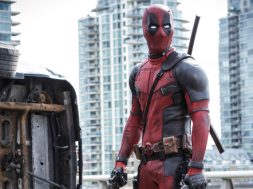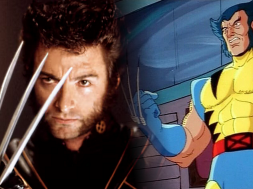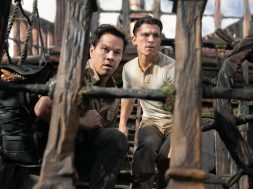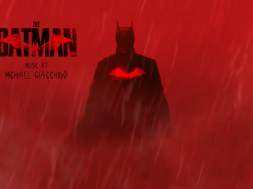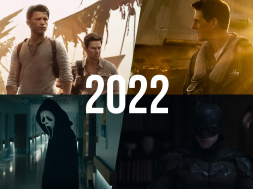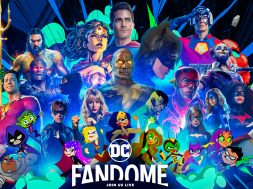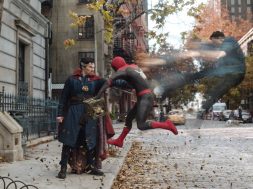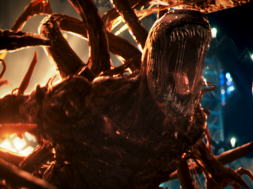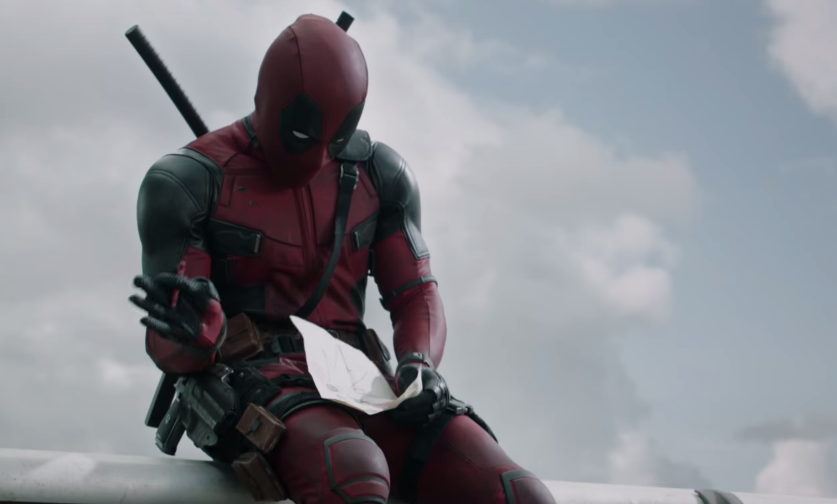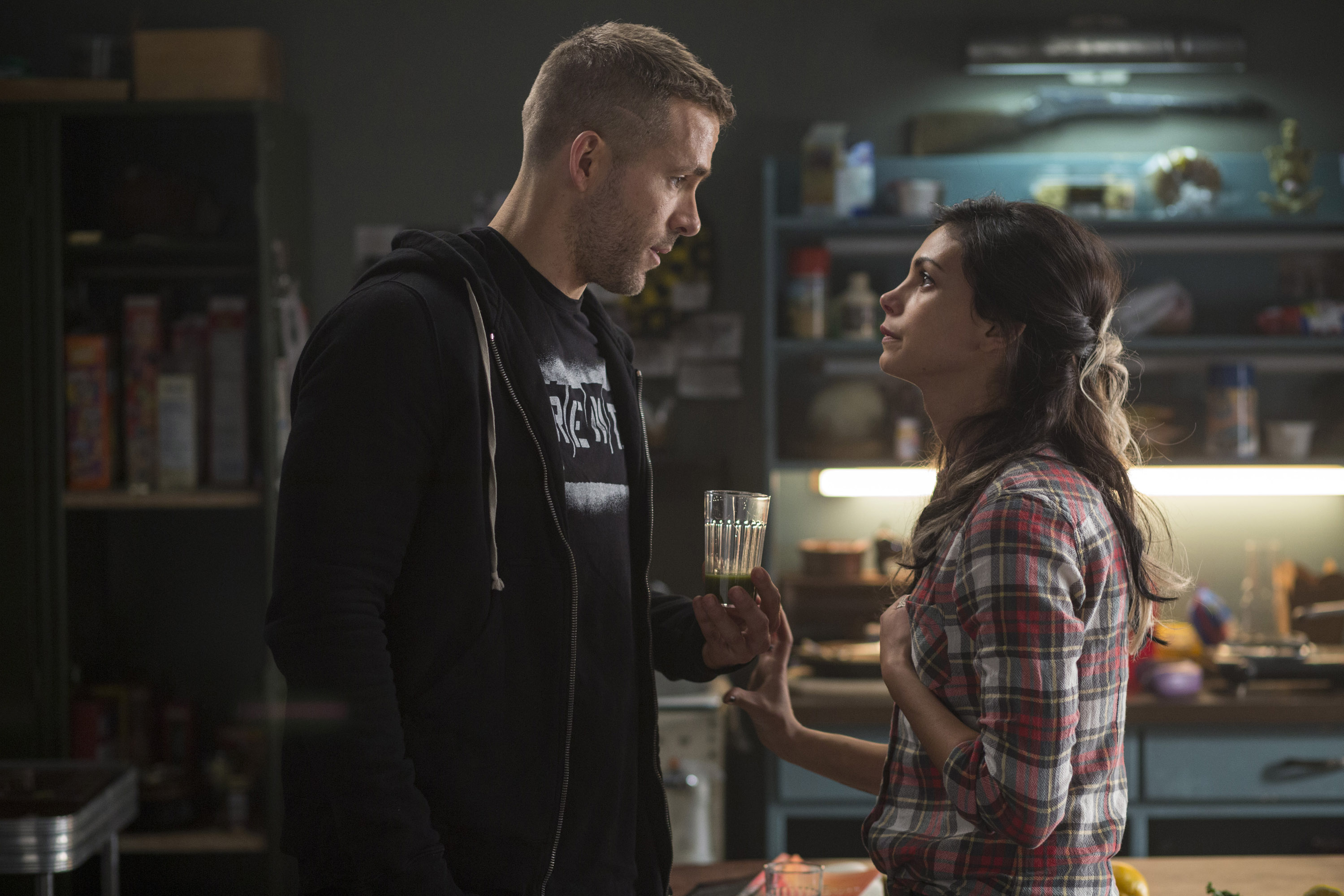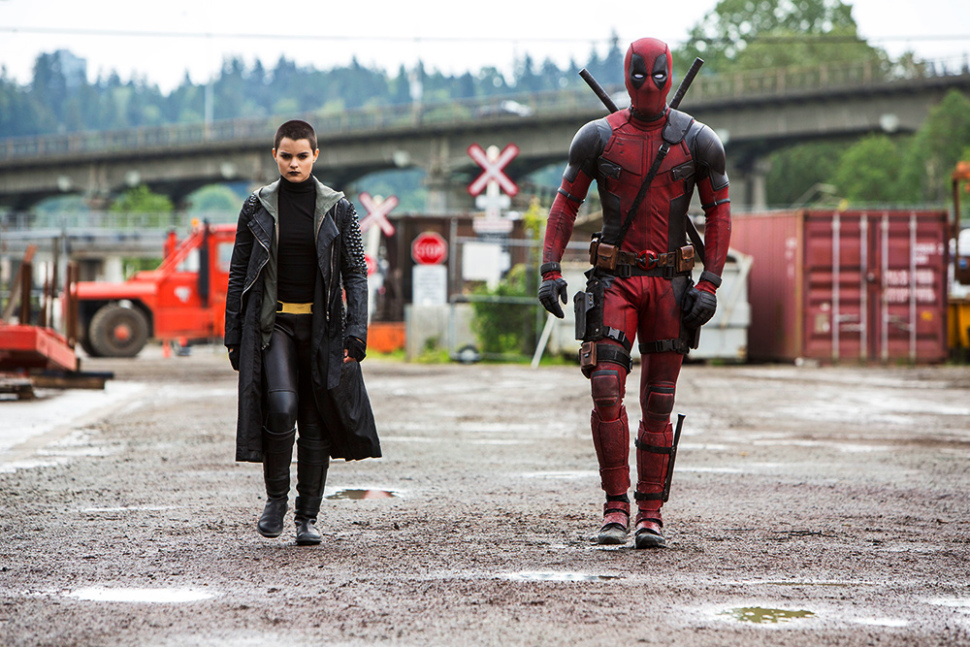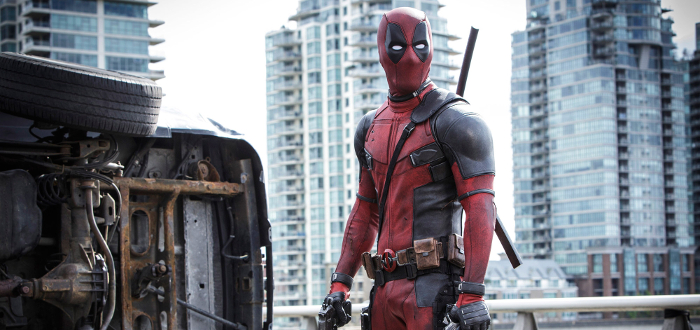
Walking into the cinema to see Deadpool is a surreal experience in itself. Not just because it’s a movie based on Deadpool, not just because it’s Fox finally expanding on their incredibly underused X-Men license, but because Deadpool is effectively the last great sin of modern comic book movies being atoned for. This is, after all, not the first time Deadpool, aka Wade Wilson, has been brought to the big screen – he was originally introduced in X-Men Origins: Wolverine as part of the ensemble and the antagonist in the final battle. That film was so abysmal it took the next two X-Men movies introducing time travel to erase it from existence so they could continue on and so here we are. A Deadpool movie for the new X-Men movie universe in a world where the Marvel Cinematic Universe has rewritten what’s attainable in comic book movies. Did they do right by the character? You bet your ass they did. Did they make a good film otherwise? Almost.
In the lead up to the release of Deadpool, I was more than a little worried about how they would handle the character. At his best, he’s a psychological gyre with enough wisecracks to sink the titanic. At his worst, he’s closer to a hollow, sarcastic, unstoppable gun-for-hire. Not that I begrudge fans of any style of him in comic form, I was just anxious for how the movie would work with such a potentially difficult character. Thankfully, the opening credits of Deadpool completely dispelled any worries I had for how this movie was produced – lead actor Ryan Reynolds‘ assertion they had done it right were proven correct, they had done this right.
Although extended comparison to any movie is really limited, the broad-strokes of the Merc’s solo outing do compare easily to the strengths of Marvel’s recent underdog success, Ant-Man. Though Deadpool is much more confident in how it handles itself – so confident in fact, there’s a breaking of the fourth wall within minutes – the core idea at the heart of Deadpool is to use a simple story to get the character just right. Much like Ant-Man, many of the characters are caricatures drawing close to stereotypes and much like Ant-Man the stakes are very basic and easy to get behind – in this case, vengeance. It’s a hero parable focused entirely on the character rather than moral grandstanding. But that’s just what this film needs because any more would grind against the kind of leading character Deadpool is. Sharp, witty, hugely self-indulgent, Deadpool’s presence here is more than enough to make use of the simple plot material on offer.
Ryan Reynolds‘ performance is truly key to this success. His sincere delivery and obvious dedication to the character of Deadpool takes an otherwise very dense storytelling perspective and structure and makes it palatable. What’s better, Reynolds is regularly complimented by T.J. Miller, who plays barman and close friend Weasel. Miller‘s comedy chops are easily on par with Reynolds‘ and together they make for some of the biggest laughs of the nearly two hour runtime. The chemistry between the two is one of the strongest aspects and really helps to keep the out-of-sequence series of events in check. The film jumps from loud action scene to comedic montage to heartfelt moment often within minutes, but never once does the picture seem confused. Far from linear, the story progression is well sign-posted meaning you never lose track of where exactly in Deadpool’s timeline you are, a credit too to director Tim Miller. In fact, it isn’t until the third act that the story hits the straight and narrow, a switch that almost feels subtle with the amount of direct leading the characters engage in.
While there’s jokes aplenty (easily more than one-per-minute), the screenplay doesn’t allow them to downplay the harshness of Deadpool’s story. Writers Paul Wernick and Whett Reese merge cancer with love to create a truly tragic tale, Wade’s true motivations lying in forging a future with his girlfriend Vanessa (Morena Baccarin). The love story between the two is given a remarkably long amount of time to breathe, really adding weight to Wade Wilson behind the mask. However, even with the amount of time it has, the basic nature of the story means that the love story feels a touch too generic for the film’s own good. Despite the amount of self-aware satire permeating the script, there’s barely any mention of how cliché it is to fight for the girl. In fact, there’s barely any mention of some of the more pertinent criticisms of comic book movies, like the lack of gender or racial diversity. Deadpool makes a lot of funny jokes, but these feel like missed opportunities for comedy that really bites.
Given the unruly nature of the character, it would have been easy to paint him as an amoral hitman with no conscience. And there’s still room for that in a future sequel, but here Deadpool is more of an unorthodox anti-hero than outright middle-ground gun for hire. Deadpool uses a close-quarters, chaotic approach so his executions are varied and the violence is intense as a result. All of the fight scenes are quick but easily followed and the sound design gives every punch and kick a real thud with the added rumble of Junkie XL’s bass-driven soundtrack. In particular, whenever Wade faces main bad guy Francis (Ed Skrein), the cinematography follows the two a touch more intently. Even if their route to battling is underwhelming, there is a gravitas to these two facing off in combat.
Deadpool’s heroic abilities are brought into question by appearing X-Men Colossus (Stefan Kapičić) and Negasonic Teenage Warhead (Brianna Hildebrand), who are the backbone of the film to Deadpool’s own aloof nature. The special effects surrounding Negasonic’s abilities are awesome, even if they’re short-lived in a battle with Francis’ cohort, Angel Dust (Gina Carano). More than just a cameo to highlight a shared universe, Nega and Colossus provide the lofty moral commentary superhero films so often thrive on. Here though the moral high-ground they profess is an important aspect of the satire of the text: Deadpool is a film made to simultaneously stand with and make fun of other superhero movies. There needs to be big speeches for him to shout “LAME!” at in order for the full delivery.
All in all, I’d consider Deadpool a victory, even if not a complete one. The pace and structure of the film is tough to digest, especially if you’re expecting something akin to Marvel studios’ standard output. I went in familiar with the character, something I’m sure many audience members will have in common, however if you’re not, there’s a chance this will all simply come across as obnoxious and irritating. R-rated in America, there is an adolescence to much of the humor that can easily be grating – I’d even go so far as to say parts were likely written especially for the teenagers who sneak into it. The main plot is nothing more than generic and even with all the dancing and penis euphemisms, this is still an origin story. But if an origin story told with mile-a-minute meta jokes, legitimate gore and more than a few nasty jabs at some of the blander aspects of superhero writing sounds good to you, it’s hard to imagine it delivered any better until Deadpool 2 comes around.
Deadpool is in cinemas from February 10.
